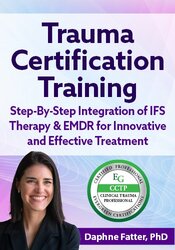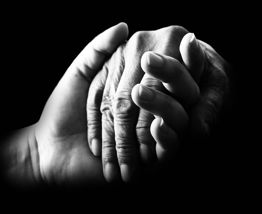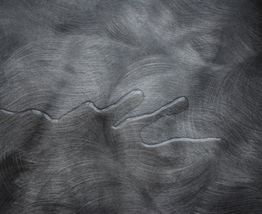Enrol in an online course today for flexible, self-paced learning—no fixed schedule required. Plus, enjoy lifetime access to course materials for convenient revisiting.
Four and a Half Things I’ve Learned about Love (and Therapy)
Honore de Balzac was no couples therapist, but as an early 19th century man-about-town who listened carefully to (older) women of all ages, he wrote some things I’ve never forgotten.
His Physiology of Marriage, published in 1829 when he was all of 30, is something of an early self-help book, though one with all the literary panache and lashings of satire you’d expect from the author of The Human Comedy. Everything in his time’s utterly unequal marriage settlements needed to change as far as Balzac was concerned. Marriages had to be based on passion as well as property and, of course, raising children. But once they were, for the sake of happiness and long-lasting union, it would still be necessary that partners were as intelligent as philosophers and as inventive as artists.
Domesticity, in whatever gender variation, is too often the enemy of passion, Balzac notes. And, in a gambit that’s close kin to the therapist Esther Perel’s thinking in her fine Mating in Captivity, he recommends imaginative elaboration, what he calls artistry in loving, and – bottom line – never entering your ‘wife’s boudoir’. Indeed, the man who does ‘is either a philosopher or an imbecile’.
We tend not to have too many boudoirs these days, so the task of long marriage can occasionally feel Herculean unless friendship prevails, sometimes, too, on the other side of infidelity. Both in therapy and in life, talk, conversation and humour are key. So is an ability sometimes to overlook, without seething. Couples aren’t one – they’re made up of two individuals, and separateness as well as a chattering togetherness, even about football or Killing Eve, is a basic good. Which is what therapy can bring into, or back into, a marriage.
Now that I’ve reached the end of coupledom, I realise that with age and the bouts of illness, other things happen in couples too. They provide what Winnicott, in talking about mothers and babies, called a holding environment. We may not be one, but we do, over the years, become wrapped up in each other. It’s why divorces or widowings are so painful and maddening. The individual is no longer whole – we are, it needs repeating, made up of our others. During that last form of separating which often enough entails illness, that holding becomes akin to a physical seepage of one into the other, so that the ‘couple’ is unwell. It’s why carers suffer. It’s why love can turn into (repressed) hate, why stranger nurses are preferred to husbands and wives.
Much of this is unexplored terrain, and I would challenge couples therapists to take their skills into this domain of loving, too – which, like the earlier forms, affects the entire family.
Lisa Appignanesi’s Everyday Madness: On Grief, Anger, Loss and Love is published by 4th Estate. Lisa will be speaking at When We Talk About Love: Celebrating the First 70 Years of Tavistock Relationships – Learning from Experience, Innovating for the Future, at King’s College London on Friday November 30.


















